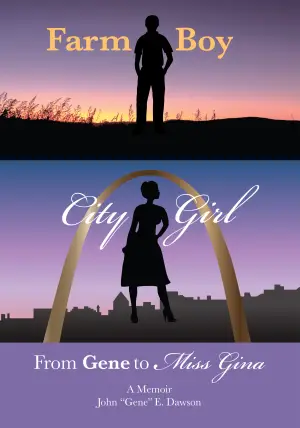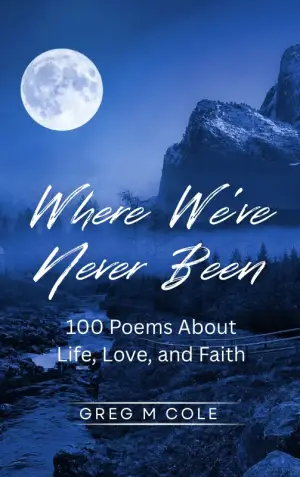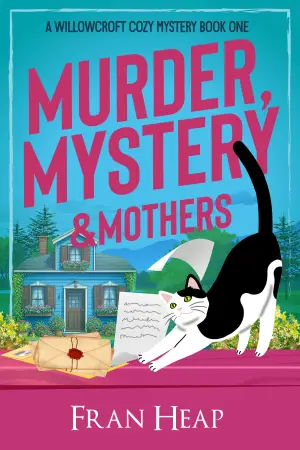A Journey Through Royals and Rebellion: My Thoughts on Blood Beneath the Snow
When I first cracked open Blood Beneath the Snow, the debut novel in the Blood & Souls series by Alexandra Kennington, I was immediately drawn in by the promise of a vivid world steeped in elemental magic and the struggle of a princess defying an oppressive caste system. As a fan of “romantasy,” that delightful blend of romance and fantasy, I was hoping for a riveting escape. Thanks to NetGalley and Berkley Publishing Group for providing me with a digital ARC in exchange for an honest review. While the premise was enticing, I found that the story struggled to deliver the fully rewarding experience I had anticipated.
At its heart, Blood Beneath the Snow centers on Revna, a courageous princess with no magical powers in a society that worships elemental prowess. The stark divide between the privileged and the "Godsforsaken" is a profound commentary on power dynamics that resonated with me. Revna’s refusal to be a pawn in her family’s game of marriageability, especially as the odd one out among her powerful brothers, sets the stage for her defiance and determination. This rebellion is a theme that strongly echoed in my own life experiences, making her journey feel deeply relatable.
However, as much as I admired Revna’s revolutionary spirit, the pacing of the narrative often felt off-balance. The extended focus on her brutal training and captivity—while steeped in potential—sometimes dragged on without delivering the captivating tension one might hope for. I found myself wishing for more moments of action or political intrigue to spice it up. As a reader, I craved that sense of urgency, a spark that could elevate those scenes from mere background to gripping stakes.
Then there’s the central romance, which, tragically, felt underdeveloped. Revna’s attraction to The Hellbringer, the enigmatic enemy general tasked with her training, was palpable from early on, but his stoicism left a lot to be desired. I longed for that classic plot device—a charismatic, brooding mentor who grapples with his feelings, creating a magnetic push and pull. Instead, we mostly get a one-sided fixation with little exploration of his character. This absence of a profound emotional connection made parts of the story feel forced rather than organic.
Despite these critiques, Kennington’s writing style is fluid and engaging, with glimpses of intriguing possibilities throughout the story. I appreciated the nuanced political layers that the author skillfully weaves into the fabric of Revna’s journey, hinting at larger schematics just beneath the surface. It kept me reading, eager for unexpected twists.
Ultimately, while Blood Beneath the Snow offers some moments of excitement and heart, it didn’t quite capture the romantic tension I was hoping for. If you’re looking for a tale rich in conspiracies and competitions rather than heartfelt intimacy, this book might just hit the right note for you. However, for romance enthusiasts like myself, it may not be the enthralling “romantasy” we dream of.
In conclusion, I found this debut to be a solid read that could delight those who enjoy political machinations and intense trials, but it’s not on my list of must-reads for fans of romance. As I closed the book, I was left pondering how a few tweaks could have turned a promising novel into an unforgettable romantic escapade. If Alexandra Kennington continues to evolve, I’m intrigued to see where she takes Revna next.
Discover more about Blood Beneath the Snow (Blood & Souls, #1) on GoodReads >>















